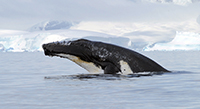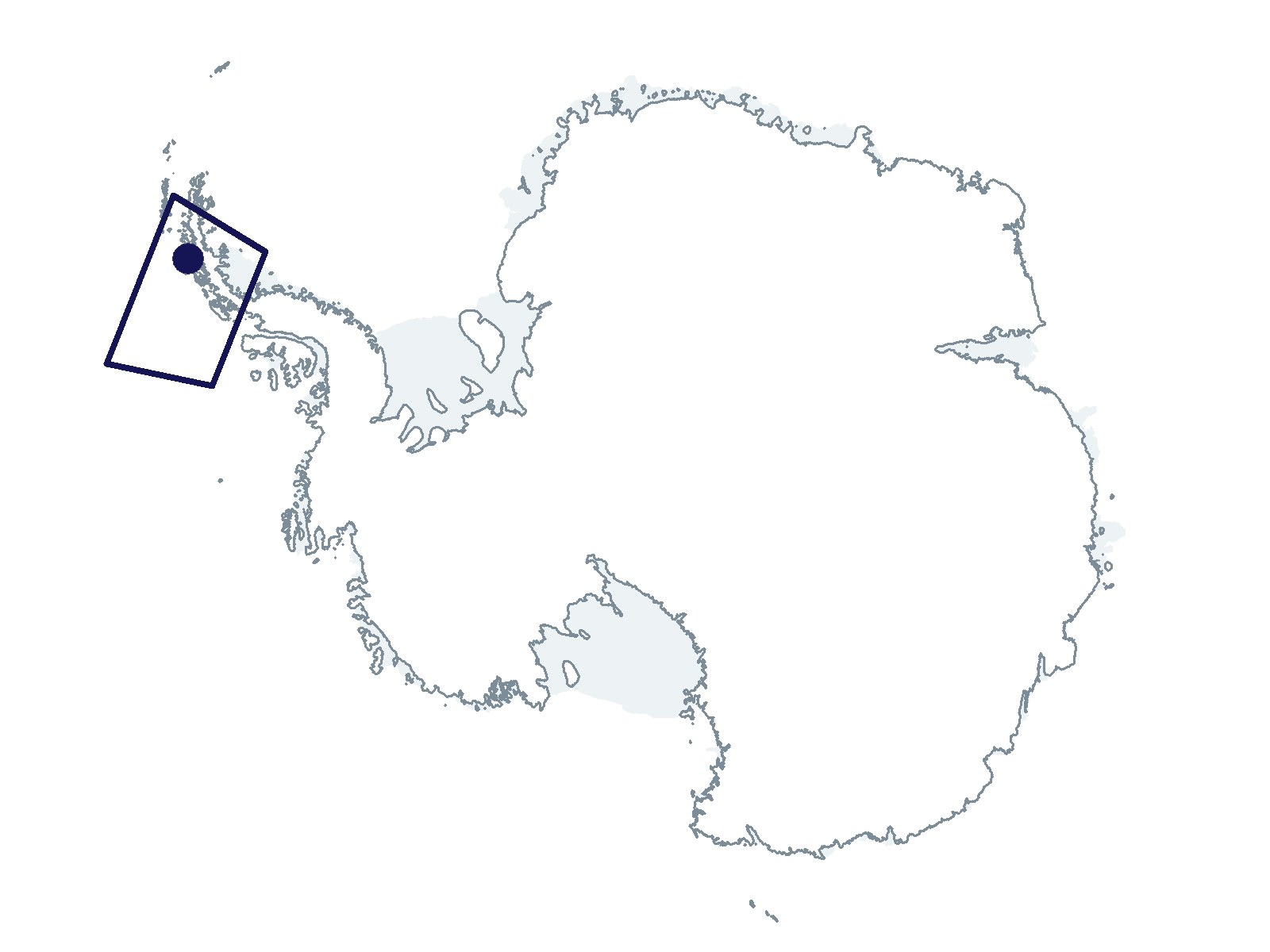2022-2023 USAP Field Season
Project Detail Project TitlePalmer, Antarctica Long-Term Ecological Research (LTER): land-shelf-ocean connectivity, and ecosystem resilience, and transformation in a sea-ice influenced pelagic ecosystem Summary
Event Number:
Program Director:
ASC POC/Implementer: Principal Investigator(s)
Dr. Ari Seth Friedlaender
Location
Supporting Stations: ARSV Laurence M. Gould, Palmer Station DescriptionSeasonal sea ice-influenced marine ecosystems at both poles are regions of high productivity concentrated in space and time by local, regional, and remote physical forcing. These polar ecosystems are among the most rapidly changing on Earth. The Palmer Long Term Ecological Research (PAL-LTER) project seeks to build on three decades of long-term research along the West Antarctic Peninsula (WAP) to gain new mechanistic and predictive understanding of ecosystem changes in response to disturbances spanning long-term, decadal, and higher-frequency “pulse” changes driven by a range of processes, including natural climate variability, long-term climate warming, resiliency/recovery in the face of press versus pulse forcing, transformed spatial landscapes, and food-web alterations. We will contribute to fundamental understanding of population and biogeochemical responses for a marine ecosystem experiencing profound change. Field Season OverviewA team of two people will perform work at Palmer Station from when the PAL-LTER cruise sails until the turnover in April. During time on station, researchers will conduct daily on-water visual surveys for whales using a dedicated SOLAS Rigid-Hulled Inflatable Boats (RHIB) (4.8M). Researchers have authorization to use the extended boating area for operations when a second boat is available for operations that require a second boat in site. When whales are encountered we will collect remote biopsy samples, photo-ID including UAS measurements of body condition, and deployment of suction cup tags (on occasion). All of these methods have been used extensively during the last PAL-LTER period and are a continuation of the long-term research on population demography and foraging ecology. Additionally, there are two acoustic moorings, one deployed within the Palmer Station boating limits and a second near the edge of the Palmer Canyon. These will be serviced by the ARSV Laurence M. Gould routinely but if necessary can be serviced from a large RHIB at Palmer Station. Opportunistically, researchers will collect water and fecal samples as well as krill samples from net tows to supplement our studies. Deploying Team Members
|
2022-2023 Science Planning Summary



For USAP Participants |
For The Public |
For Researchers and EducatorsContact UsU.S. National Science FoundationOffice of Polar Programs Geosciences Directorate 2415 Eisenhower Avenue, Suite W7100 Alexandria, VA 22314 Sign up for the NSF Office of Polar Programs newsletter and events. Feedback Form |



